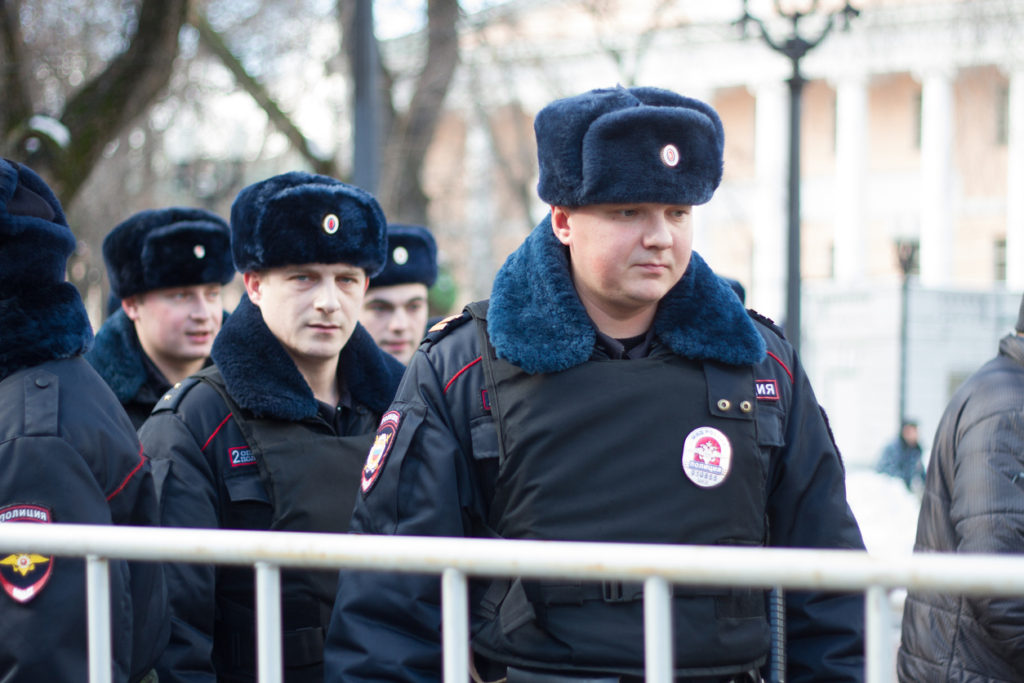Marc Simms is an occasional blogger for Proelium Law LLP. Marc holds a MLitt in Terrorism Studies and a Masters in International Relations, both from St Andrews. His particular interests are in emerging international security issues, unconventional warfare, and terrorism.
Criminal AND security threat
The European Council on Foreign Relations has released a new policy brief which details the expansion and increasing sophistication of Russian organised crime in Europe. While Russian groups have been recognised as a serious criminal threat since their emergence in the 1990s, this report points to an increasing security threat emanating from these groups, due in no small part to their links with the Russian state and specifically the “growing evidence of connections between such criminal networks and the Kremlin’s state security apparatus.”
The report also details important shifts in how Russian organised crime now operates in Europe. In contrast with the popular perception of mafia-like groups with a strong street presence, Russian groups operate in the background, often in a facilitator capacity for other criminal gangs and networks. In this role they can control routes for illicit goods, act as wholesale suppliers for smaller criminal gangs, and can provide specialist services or funding for other criminal endeavours. Naturally, this strategic background role serves to exacerbate existing criminal issues, in addition to giving Russian groups networks and contacts outside of areas where no or few Russians operate.
‘Nationalised Underworld’
However, the bulk of the report is devoted to the ongoing collusion between these groups and the Russian state intelligence services. The report author, Dr. Mark Galeotti, details how connections between Russian-based organised crime and the security services was not merely the result of institutionalised corruption but instead “the emergence of a conditional understanding that Russia now had a “nationalised underworld”.” The vertical integration of Russian crime groups has led to their being used as tools for intelligence activities in Europe as well as in domestic Russian politics, and given wide-ranging Russian interference in European politics, are likely to become an even greater security risk going forwards.
Cyber Crime
Dr. Galeotti notes several specific areas where criminal operations and Russian state interests overlap. Perhaps the most obvious overlap, given recent events, is that of cybercrime and cyber-espionage. By utilising criminal talent in addition to their own state capabilities, Russia has a significant “surge capacity” for online operations, allowing them to carry out highly disruptive attacks on government and critical infrastructure websites as has occurred in Estonia, Georgia and Ukraine in addition to more focused hacking efforts.
Untraceable Cash
Access to criminal networks also gives Russian intelligence operatives the means to obtain untraceable cash reserves, which can be used to fund operations in Europe with a high degree of deniability. Depending on the network they are interacting with, the complex legal and financial entities which are used by criminal actors may also be utilised by agents acting under non-official cover, or else allow the Russian intelligence services to exert financial and political influence. Assassinations can also be contracted out to organised crime figures, as with the case of Nadim Ayupov in Istanbul.
Surge Capacity
Finally, much like with the cyber-operations mentioned above, having access to criminal networks gives Russian agencies a “surge capacity” by utilising these figures in low-level but useful activities on behalf of the Russian state, improving those intelligence services’ overall efficiency and perhaps also giving them some counter-surveillance advantages.
The full report, Crimintern: How the Kremlin uses Russia’s Criminal Networks, can be downloaded from the European Council on Foreign Relations.
Need advice?
If you’d like further information, or to discuss working with us, please get in touch






